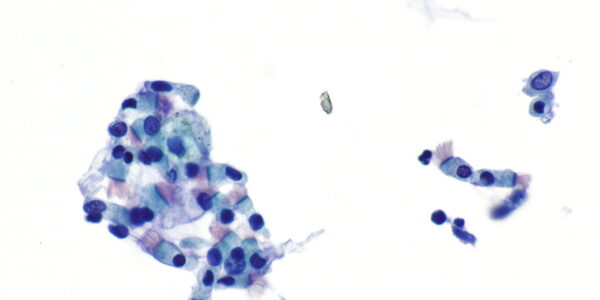Robots often mimic creatures found in the world, from pangolins to elephants. There have even been robots that used arachnid parts as grippers. But now researchers have figured out a way to use human cells to perform actions. They group themselves together into a “superbot”, they swim around, they heal scratches!
Okay, they’re not going to assemble auto parts any time soon, and they can’t currently be programmed or indeed controlled in any way. Calling them robots, let alone superbots, is somewhat metaphorical at this point. But the researchers have high hopes. “Once we understand what cell collectives are willing and able to do, then we can begin to control that not just for stand-alone bots, but for regenerative medicine,” says Michael Levin of Tufts University. He’s foreseeing regenerating limbs and being useful in space exploration.
“Numerous in vitro and in vivo uses of such functional living structures can be envisioned, especially because they can now be made from the patient’s own cells,” the authors said in an article in Advanced Science.
The importance of cilia
The anthrobots were made from cells from human trachea. The cells were sourced from volunteers, patients of a single doctor. Tracheal cells were chosen because they have cilia, which operated like oars to allow movement by the cells.
Researchers placed the cells in different media at varying levels of viscosity to encourage the cilia to transfer from the inside to the outside of the cells. They observed different patterns of movement, including both straight lines and arcs.
Motion control
The researchers were able to influence the movements of the cells by doing things like putting more of them into a smaller Petri dish, upon which they would coalesce into a “superbot.” They have not been able to control the movements of the cells, nor to persuade them to do anything in particular — though Levin’s use of the term “willing” suggests that they are ready to believe in some level of agency.
If your bots require motion control, you might be using Indramat motion control systems. They continue to power machines of many kinds around the world. When you need service or support for your Indramat motion control systems, contact us right away. We’re Indramat specialists, with decades of experience and the largest inventory of Indramat units in the nation. Call (479) 422-0390 now for immediate assistance.
